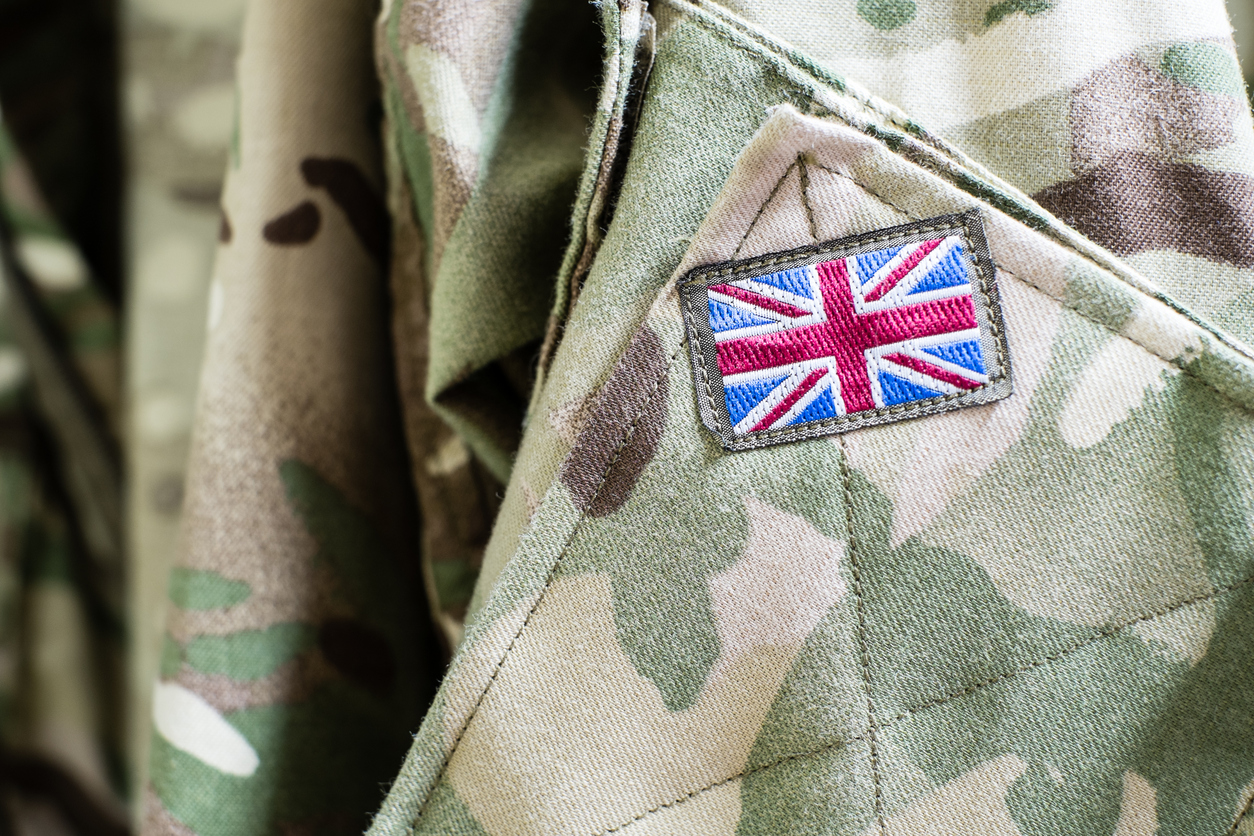The Scottish Government’s new income tax plan was passed through Parliament in February, but the new system remains controversial.
Income tax will be split into five bands, with those earning at the top end paying a new higher rate while those on lower wages will pay less.

Significant opposition to the new rates has come from the Scottish Conservatives, with MP Douglas Ross taking his concerns to Westminster.
The Moray representative argued that the changes would mean increases in tax liability for military personnel, when compared to their English counterparts in the British Army.
Ferret Fact Service looked at this claim and found it to be False.
Evidence
Scotland has had the power set its own rates since The Scotland Act came into force into April 2017. The new system was announced in the Draft Budget in December 2017. It was passed through parliament in February.
The new Scottish Rate of Income Tax replaces the three-band system with a more complex arrangement which reduces the burden for low earners, but increases it for higher earners.
There will be a new starter rate of 19 per cent for those earning between £11,850 and £13,850. Those earning above that up to £24,000 will pay the same basic rate of 20 per cent.
For Scots who are paid between £24,000 and £43,430, an intermediate rate of 21 per cent will take effect. Higher earners up to £150,000 will now face a 41 per cent tax, while those earning more than that will pay 46 per cent.
Douglas Ross’s claim refers to the impact of the new tax regime on those in the military when compared to their English counterparts.
According to the latest statistics from the Ministry of Defence covering October 2017, there were 9,970 military personnel in Scotland.
In his statement, he suggests that the threshold for paying more than those in England is £24,000.
However, research from the Scottish Parliament Information Centre (SPICe) found that while the tax rate goes up from 20 per cent to 21 per cent for those earning over £24,000, the actual amount payable does not.
This is partly down to the increase in the personal allowance – the amount of income you don’t pay tax on – from £11,500 to £11,850. The allowance is still set by the UK government. It is also affected by the new lower rate of 19 per cent for lower earners.
According to the SPICe calculations, those earning up to to £33,000 will pay less in tax than they will in the current year 2017-18.
When compared to the rest of the UK, those earning up to £26,000 will not face a higher tax bill, despite being in the higher 21 per cent tax bracket.
if(“undefined”==typeof window.datawrapper)window.datawrapper={};window.datawrapper={},window.datawrapper.embedDeltas={“100″:667,”200″:548,”300″:531,”400″:505,”500″:505,”700″:489,”800″:489,”900″:489,”1000”:489},window.datawrapper.iframe=document.getElementById(“datawrapper-chart-TI6q5”),window.datawrapper.iframe.style.height=window.datawrapper.embedDeltas.iframe.offsetWidth/100),100))]+”px”,window.addEventListener(“message”,function(a){if(“undefined”!=typeof a.data)for(var b in a.data)if(“TI6q5″==b)window.datawrapper.iframe.style.height=a.data+”px”});
The Institute of Chartered Accountants (ICAS) also crunched the numbers on the new tax bands, They found that at £24,000, Scots would be £20 better off that their English counterparts, and would face the same bill at £26,000.
According to ICAS, while Scots are taxed more than their counterparts south of the border at around £30,000, at this wage workers would still be taxed less than they were in 2017/18.
The new tax bands will mean that workers earning over that amount will pay more, including those in the military, than their counterparts in England.
Douglas Ross is correct to argue that some military personnel will face higher income tax than those in England, but the threshold at which this occurs is significantly higher than he claimed in his Westminster speech.
Ferret Fact Service verdict: False
Douglas Ross is not correct in his claim that military in Scotland earning over £24,000 will pay higher tax bills. While they will be included in the higher tax band, research indicates they will pay lower overall tax than those in England until they earn around £26,000. Workers earning up to £33,000 will face lower bills than the current tax year.

In response to an FFS evidence request, the Scottish Conservatives provided information on the new tax band system.
Correction: An earlier version of this fact check reported the tax free personal allowance had increased from £11,000 to £11,850. That is the increase over a two-year period. The actual increase between 2017/18 and 2018/19 will be from £11,500 to £11,850.














